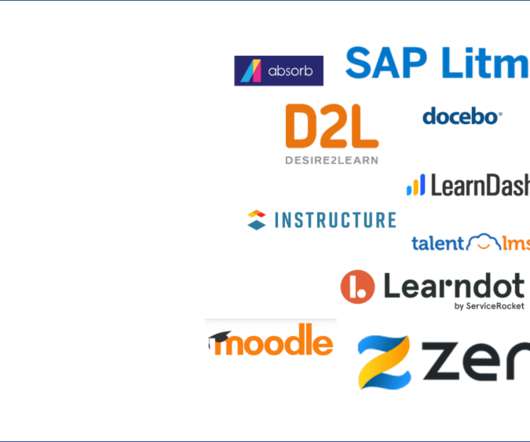Know Where You Can Find Anything
Clark Quinn
SEPTEMBER 23, 2008
As part of my presentations on Work Literacy and eLearning 2.0 - I discuss how learning and knowledge work are changed by things such as computers, mobile computing, the web, social media, social networks, access to people/experts through the web, and the flood of new tools. on learning and knowledge work.


























Let's personalize your content